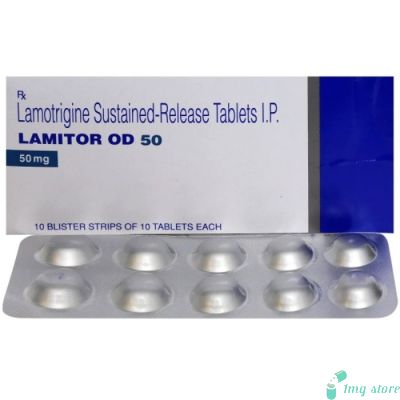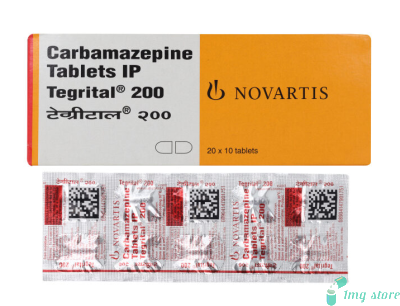Generic Quetiapine (Seroquit Tablet)
Seroquit tablets, also known by their generic name Quetiapine, is a prescription medicine used to treat mental health conditions such as schizophrenia, bipolar disorder, and major depressive disorder. It is also sold under the brand name Seroquel tablets.
| USA Brand Name | Seroquel |
| Strength | 25mg, 50mg, 100mg |
| Generic Name | Quetiapine |
| Manufacturer | Healing Pharma India Pvt Ltd. |
| Storage | Store below 30°C |
What is Quetiapine Pill?
Quetiapine, also known by the USA brand name Seroquel, is a prescription antipsychotic medicine used to treat mental health conditions such as schizophrenia, bipolar disorder, and major depressive disorder. It helps regulate brain chemicals to stabilize mood, reduce hallucinations, and improve thought processes. Quetiapine is designed to support long-term mental health and improve the quality of life for individuals with these conditions.
Key Benefits
- Symptom Relief: Reduces hallucinations, delusions, and anxiety.
- Improves Mood: Stabilizes mood and improves sleep quality.
- Long-term Treatment: Effective for managing mental health over time.
- Trusted Medication: Used globally to treat mental health disorders.
How Does Quetiapine Works?
Quetiapine pills work by balancing dopamine and serotonin levels in the brain, which are essential for mood regulation and mental stability. Restoring the balance of these neurotransmitters helps reduce symptoms of hallucinations, mood swings, and depression, improving the overall quality of life for individuals with mental health disorders.
Precautions
- Inform your doctor if you have any medical conditions, particularly heart disease, diabetes, or liver issues.
- Avoid alcohol while taking Quetiapine.
- It may cause drowsiness, so avoid driving or operating machinery.
- Not advised for women who are pregnant or nursing unless specifically recommended.
How to use quetiapine
- Dosage: Follow your doctor's prescription for the exact dosage. The average dosage of Seroquel can vary depending on the treated condition, ranging from 25mg to 400mg per day.
- Administration: Take with or without food, once or twice per day.
- Consistency: For best results, take the tablet at the same time daily.
- Do Not Stop Abruptly: Sudden discontinuation can result in withdrawal symptoms.
Quetiapine Side Effects
- Drowsiness
- Dizziness
- Dry mouth
- Weight gain
- Constipation
FAQ’s
Q1: How long does quetiapine stay in your system?
A: Quetiapine typically stays in your system for 1 to 2 days after the last dose, depending on your metabolism and dosage.
Q2: What painkillers can I take with quetiapine?
A: You can generally take over-the-counter painkillers like paracetamol or ibuprofen with quetiapine, but always consult your doctor first.
Q3: Is 100mg of quetiapine a high dose?
A: No, 100mg of quetiapine is considered a low to moderate dose.
Q4: Does quetiapine help with anxiety?
A: Yes, quetiapine is sometimes prescribed to help manage anxiety.
Q5: Is quetiapine ER the same as Seroquel XR?
A: Yes, quetiapine ER (extended-release) is the generic version of Seroquel XR.
Quetiapine Interactions
- It may react with other medications, such as sedatives, antihistamines, or blood pressure medications.
- Inform your doctor about any supplements or medicines you're currently taking.
| Manufacturer | : | Healing Pharma |
| Equivalent Brand | : | Seroquel |
| Generic Search | : | Quetiapine |













